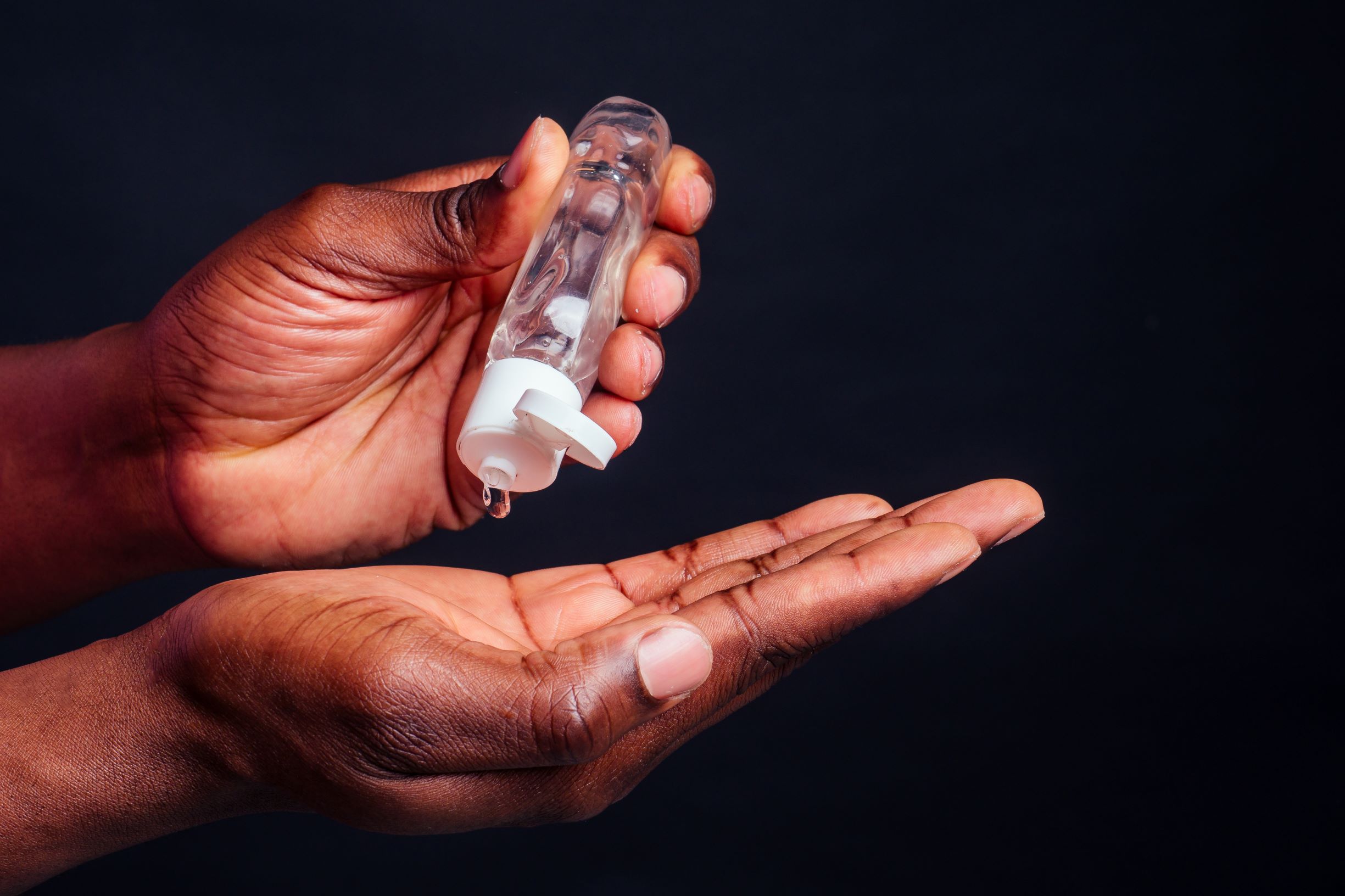By Sithokozile Moyo
As Covid-19 cases continue surging upwards, civic society organisations in Lupane have undertaken the initiative to train its community members to make hand sanitisers and detergents.
The project was spearheaded by Humane Africa and Sibanye Animal Welfare and Conservancy Trust in support of A seed for change and Lupane Youth for Development.
In July 2020 civic society organisations noted that Lupane shops were using methylated spirit to sanitise customers at entrances and there was no supply of sanitisers in the district.
The organisations initiated the project set to run for six months to empower women as well fight the respiratory illness.
Rural women in Lupane are having a hard time during the pandemic; many do not have access to protective clothing and are not fully knowledgeable on the virus and how they can protect themselves.
They are also failing to make ends meet due to the economic hardships prevailing in the country.
The training spearheaded by the Minstry of Women Affairs targeted women from different wards who were trained in producing sanitisers and dishwashing detergents.
The Lupane local board provided an accountant who trained the women in managing their funds so that their project remains sustainable.
Humane Africa and Sibanye Animal Welfare have since established handwashing stations in busy places such as water sources, clinics, and terminus.
The detergents will ensure that community members adhere to hand hygiene measures while some will be sold at a reasonable price to community members and local shops.
Director of SAW and LUYD Alfred Sihwa said “This training is economically sustainable because the women are going to be selling the products and we will supply them with three or more sets of ingredients to continue producing sanitisers and dishwashers for Lupane community.”
He further highlighted that the ten women trained will impart the knowledge gained to other women in the community.
Humane Africa director Linda Ncube said she was happy that the women are getting empowered during the pandemic and that the project was poised to be a success as the women were determined to make the project a success.

